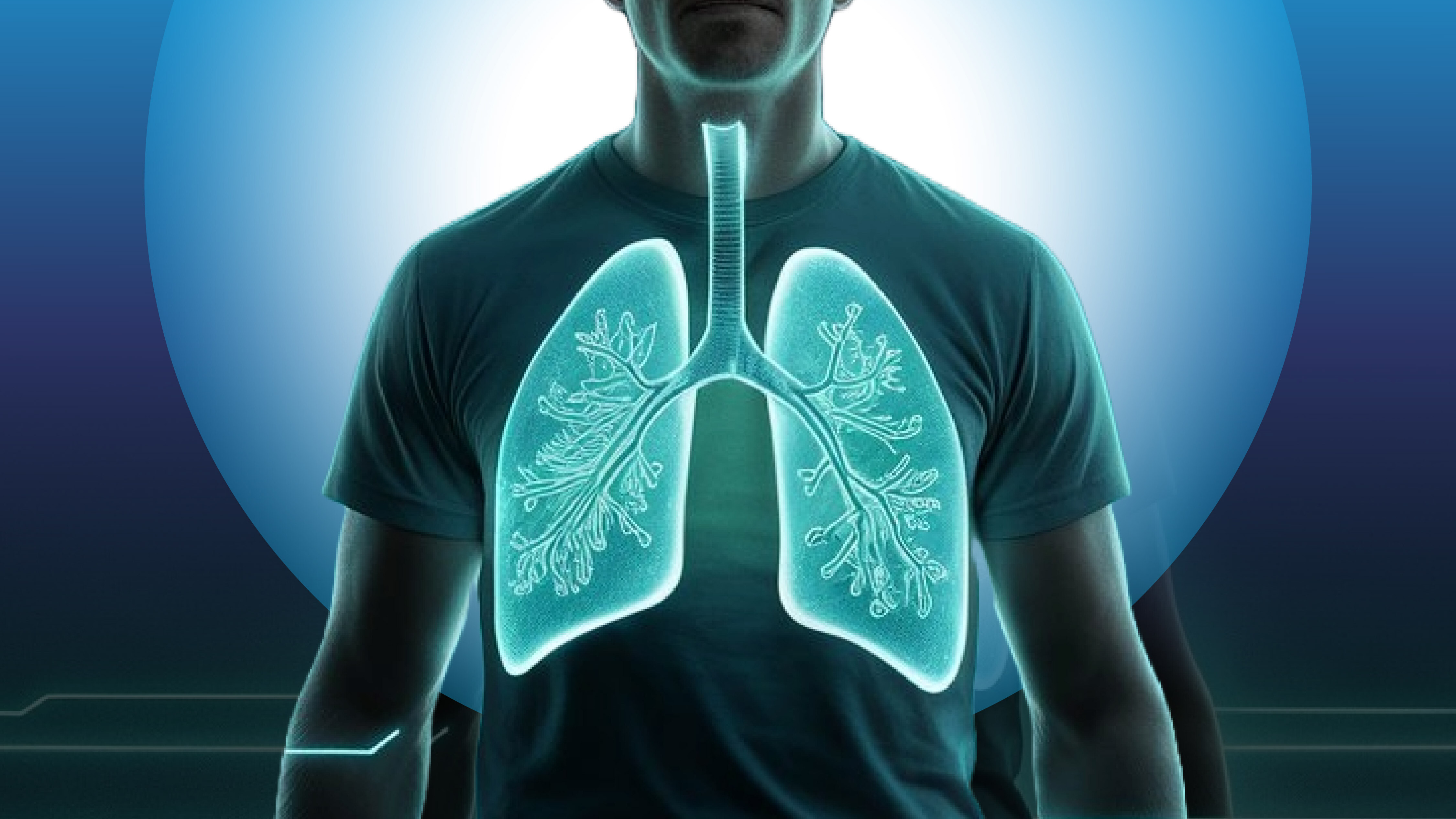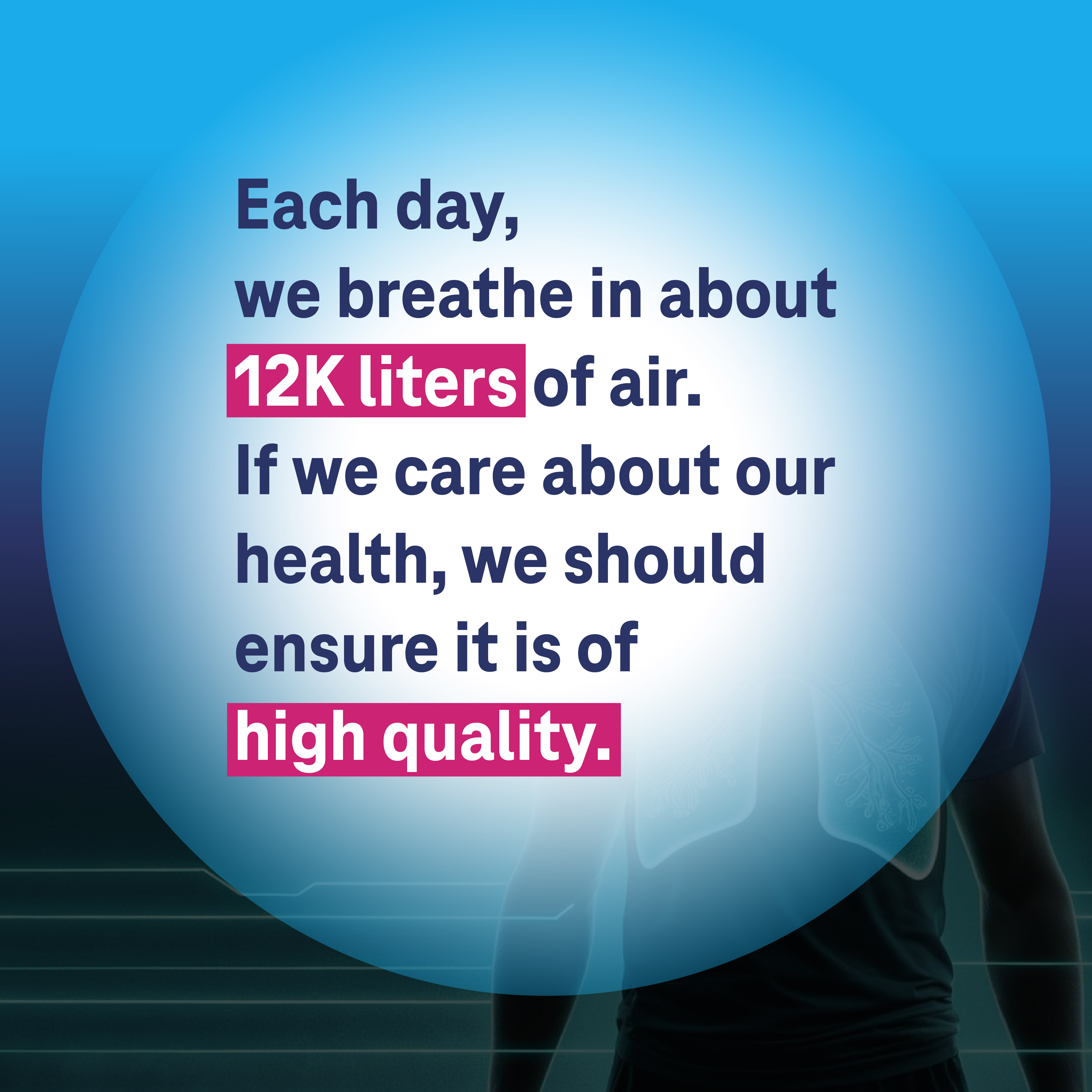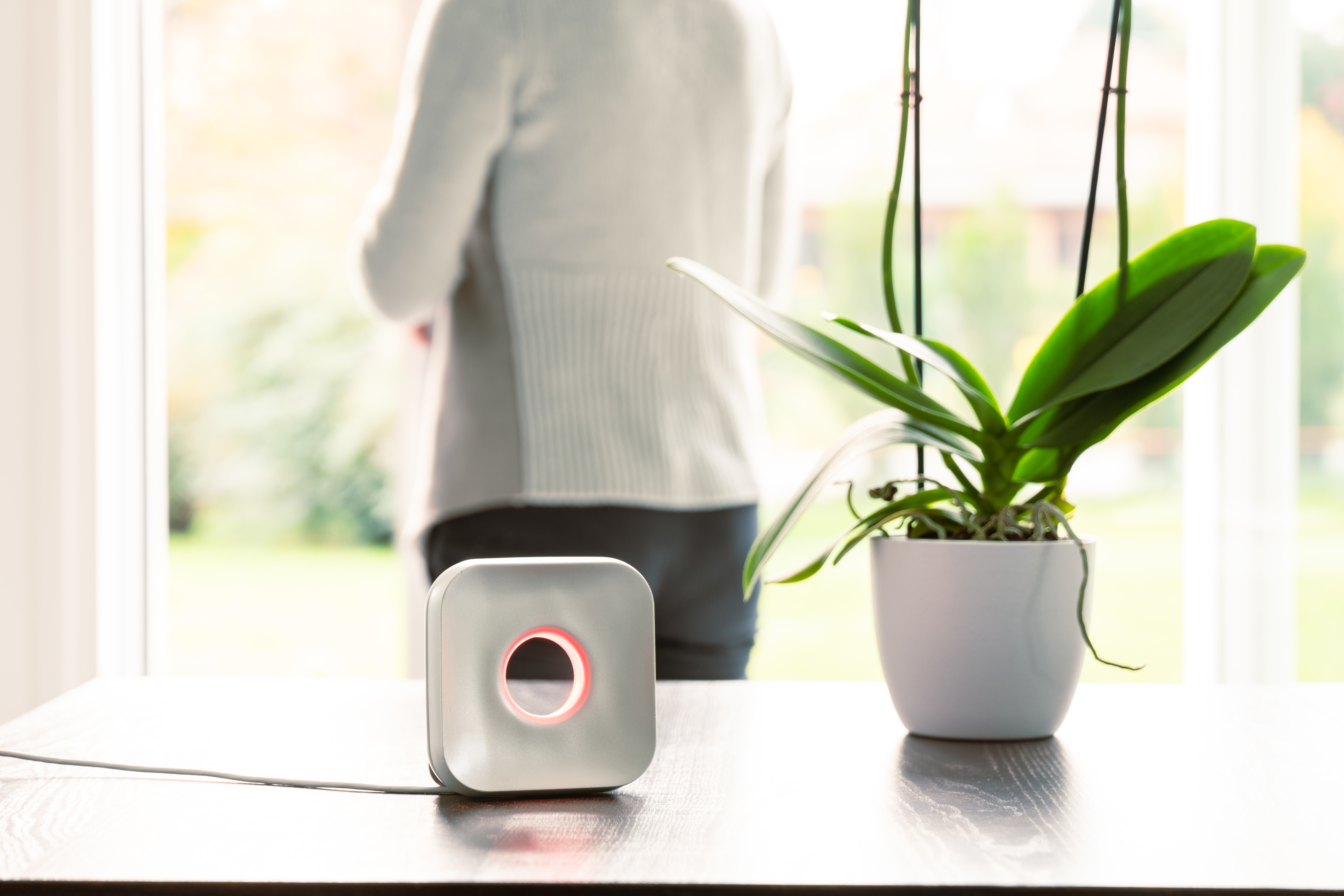When you think of air quality, you probably think of outside: of polluting factories; of exhaust fumes from cars. But in fact, the real danger lies inside. In fact, according to the World Health Organization, indoor air is four times as polluted as outdoors.
Why? Because of mould (which thrives in damp places), allergens (substances that can trigger the immune system, causing an allergic reaction), viruses (passed between us), chemicals from cleaning detergents, Volatile Organic Components Substances chemicals released by furniture, cooking fumes and more. This is frightening, when you consider that we spend 90% of our time indoors.
Making the situation worse? The fact that building design has improved, which has led to less air exchange with the outside. This is great for heating costs, but bad for both the transmission of disease and productivity (increased C02 makes us drowsy and less creative).
So what can we do? One answer is posed by the Italian startup Fybra, just one of the startups on our W-Fi Sensing Programme. The co-founder, Gaetano Lapenta, explains that an air purifier doesn’t solve this issue. “They don’t act on gases like Co2 and in order to clean the air you’re breathing, they would need to be very big, because they only clean the air that passes through them.” So if you’re exposed to the air prior to it passing through the purifier, you will still be breathing dirty air.
Fybra aims to address this issue with their Fybra Home sensor, which combines the data from different sensors to tell you when to open and close the window. (They also offer a Fybra Space sensor, which is specially designed for schools and offices.) This sounds simple but is key — leave the window open the whole time, and your energy bills would rocket. Leave the window open precisely the right amount, in accordance to a sensor monitoring the quality of your air, and you’ll have both a safe and warm environment. It also boosts energy efficiency, meaning a possible reduction of monthly heating bills.
Gaetano was inspired to create this by his daughter’s experiences at a school in Milan, where a new window led to less air flow. After the window was installed, she had 30% more illnesses (as did her classmates).
With the help of Deutsche Telekom, Fybra has further refined their product. They competed with over 1000 startups and companies for a place on our Wifi Sensing programme. This asked companies: how can you use technology that detects and analyzes disruptions in Wi-Fi signals to track movement to make the world a better place? Wi-Fi Sensing has allowed them to combine connectivity with movement and Co2 — this allows them to perform in a more efficient way. The programme has also given them the support of mentor Angus Emery and helped them set up ‘real environment’ pilots together, in which tweaks and changes are tried out on existing customers, also exploring their willingness to use the related services (eg. heating management operations, noise reduction etc.)
So far, Fybra sells 60% of its product to schools and 30% of its product to offices. However, the remaining percentage is taken up by window companies, who sell Fybra as an add-on. “They didn't have any innovation in that industry for 15 years, so now they’ve discovered there is a machine learning algorithm that can predict when you have to open a window they think okay, that's nice.”
While the company largely sells their product within Germany and Italy, Gaetano believes there’s a lot of potential for air quality monitoring in particular anywhere that suffers from the cold: the UK, the US, Canada, Northern Europe.
It’s going to be like water, Gaetano tells me. We’re all incredibly careful about the quality of water we drink and we only drink two litres of it a day. So shouldn’t we care just as much about the air we ingest? After all, each day we breathe 12,000 litres of air. So if we care about our health, we’d better make sure it’s high quality.






